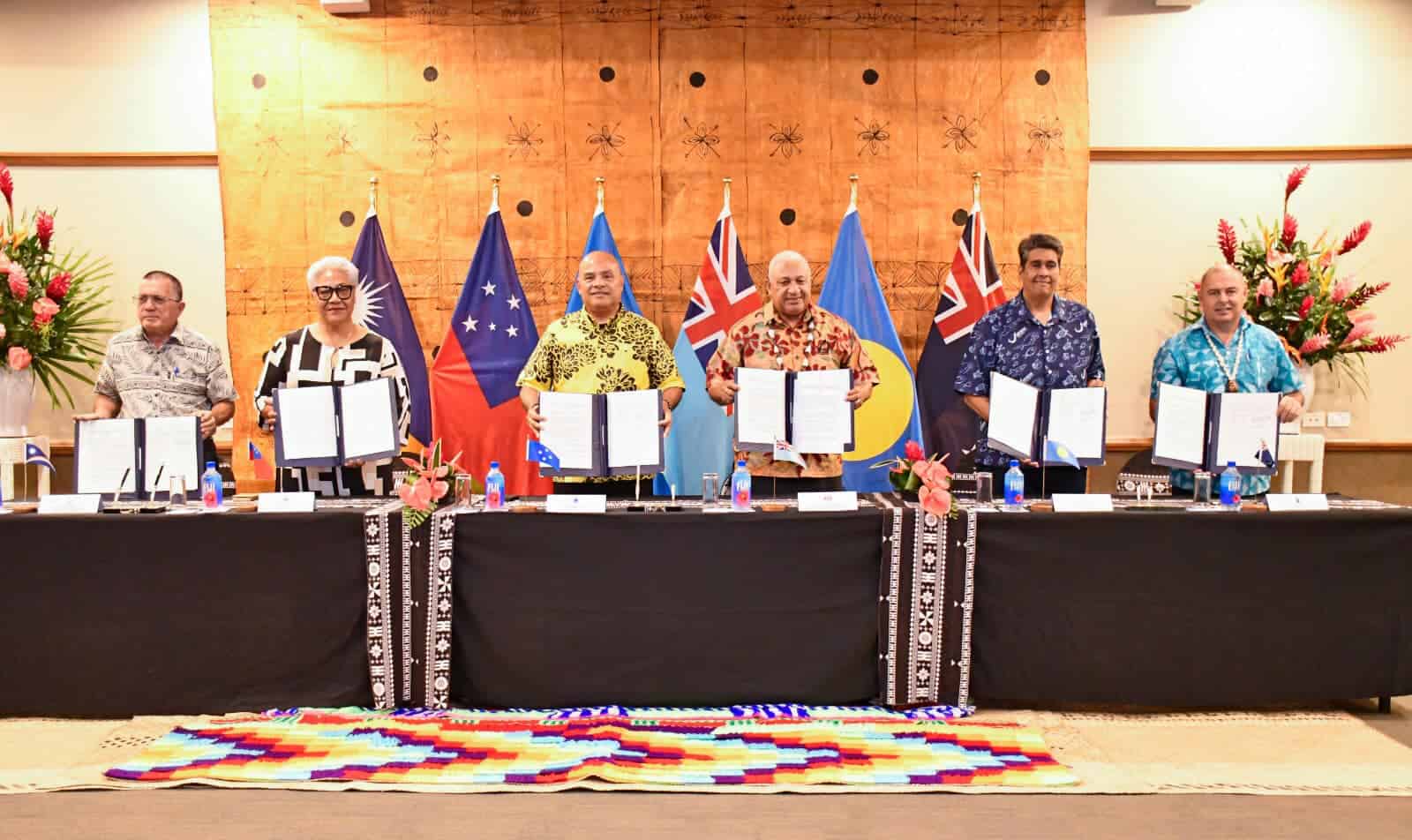It has been a bugbear for me for some time. However, over the years, I have learned that I was not the only one being stressed by this. Others, many in fact, have been equally perturbed by this tendency for the Pacific Islands Forum Secretariat (PIFS) to produce, year in, year out, bland outcomes statements of meetings, whether they be of ministerial or PIF Leaders’ meetings.
Being bland can mean a lot of things. Whatever the meaning is, to me it represents a calculated attempt to under-report and misinterpret situations on the ground. It can mean . . .
Please Subscribe to view full content...
